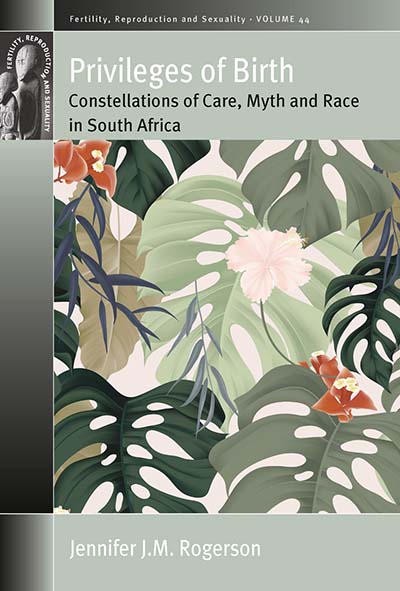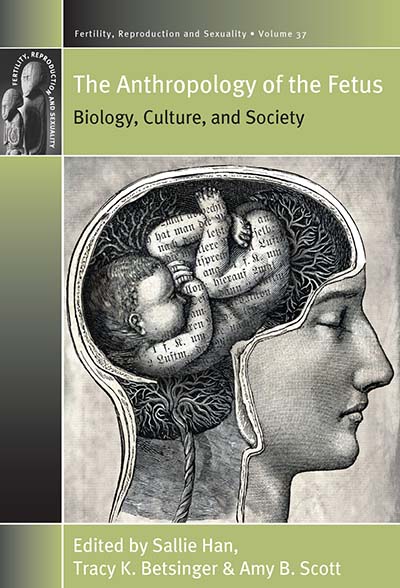
Series
Volume 44
Fertility, Reproduction and Sexuality: Social and Cultural Perspectives
See Related
Anthropology JournalsEmail Newsletters
Sign up for our email newsletters to get customized updates on new Berghahn publications.
Privileges of Birth
Constellations of Care, Myth, and Race in South Africa
Jennifer J. M. Rogerson
200 pages, bibliog., index
ISBN 978-1-78920-435-3 $120.00/£92.00 / Hb / Published (November 2019)
eISBN 978-1-80758-440-5 eBook
Reviews
“Rogerson’s critical examination of care—and her exploration of the different factors that enable choices about care—are the most significant contributions of her work…Privileges of Birth is accessibly written, making it appropriate for introductory courses in medical anthropology, and especially those focusing on midwifery, class, race, and privilege.” • Medical Anthropology Quarterly
“Jennifer Rogerson is to be commended on an impressive, well-crafted and scholarly piece of work.” • Rachelle Chadwick, University of Pretoria
“[This book] offers a rare glimpse into the lives of privileged pregnant women and their midwives in the Cape Town area… A major contribution to the anthropology of birth and the anthropology of care.” • Bettina Schmidt, University of Wales Trinity Saint David
Description
Focussing ethnographically on private-sector maternity care in South Africa, Privileges of Birth looks at the ways healthcare and childbirth are shaped by South Africa’s racialised history. Birth is one of the most medicalised aspects of the lifecycle across all sectors of society, and there is deep division between what the privileged can afford compared with the rest of the population. Examining the ethics of care in midwife-attended birth, the author situates the argument in the context of a growing literature on care in anthropological and feminist scholarship, offering a unique account of birthing care in the context of elite care services.
Jennifer J. M. Rogerson is a social anthropologist trained in South Africa, currently based in the UK. Her work has explored social-ecological health, and more recently the “first 1000 days of life”, under Fiona Ross' Andrew W. Mellon research chair, which explores how early life is made social. She is currently a research associate, interested in family and care formations and how these relate to the recent turn in birthing, parenting and care movements.

